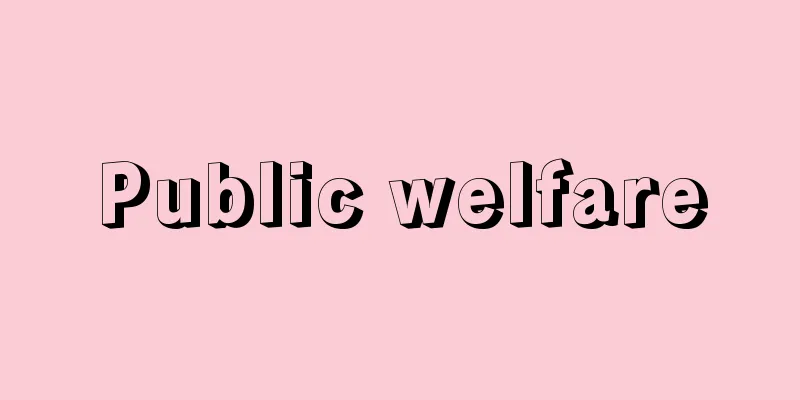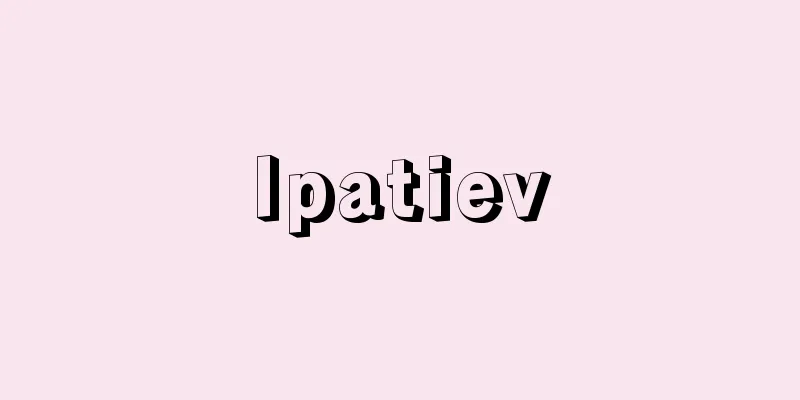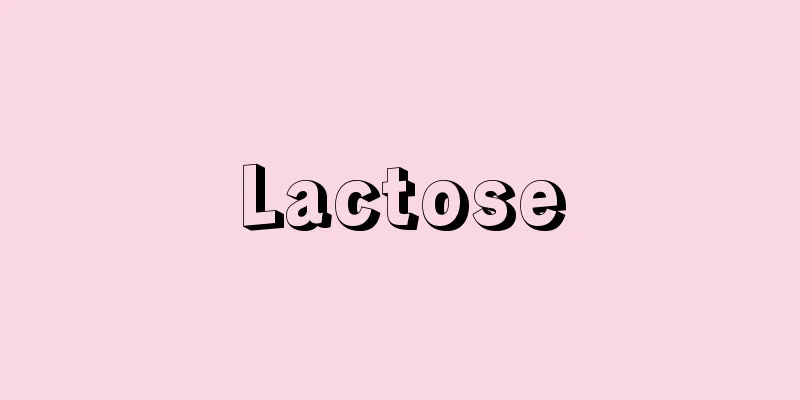Public welfare

|
It refers to the overall interest that is established when the individual interests of many people are in harmony with each other, as opposed to the individual interests of individuals. It is one of the fundamental issues in legal philosophy and state theory, and is a concept that has been debated since it was first proposed by Aristotle and Thomas Aquinas. Human life is essentially a social life, but if one pursues personal interests, social life cannot exist, and if one only considers the interests of society, personal interests may be trampled upon. When personal and social interests conflict, the two must be reconciled. This is where the idea of public welfare comes into being. However, from the perspective of emphasizing the interests of society as a whole over the interests of individuals, it has historically been used widely as theoretical support for the organic view of the state and the idea of totalitarianism. In particular, during the absolutism of the 17th and 18th centuries, the need to eliminate resistance from the nobility and citizens led to the insistence on serving the interests of the whole in order to establish the monarch's power. In the 20th century, the idea of the welfare state was emphasized, and public welfare was once again advocated from a new perspective. Unless human rights and freedoms are inherently arbitrary, the idea of the public welfare cannot be denied. The French Declaration of the Rights of Man of 1789 states, "Freedom consists in the ability to do anything that does not harm others. The exercise of each person's natural rights shall be subject only to those rights which secure to the other members of society the same rights," which also clarifies the limitations inherent in individual rights. Article 13 of the Japanese Constitution also stipulates that human rights require the greatest respect "as long as they do not interfere with the public welfare." However, if the public welfare is generally accepted as a limiting principle for human rights, there is a danger that human rights will be unduly restricted on the grounds of the public welfare. Furthermore, since the public welfare is a vague concept without any concrete content, there is a great concern that the concept may sometimes be one-sidedly interpreted by the government or influential political parties. For example, the slogan of Nazi Germany, "The public welfare takes precedence over individual interests," means the priority of the interests of the whole in totalitarianism. However, the concept of public welfare defined in the Constitution of Japan is completely different from this meaning; it is a concept that is based solely on individualistic ideals. Until around 1965, the Supreme Court often cited the concept of public welfare as the basis for the constitutionality of legislation restricting fundamental human rights, but after receiving criticism from many academics, the court has since adopted a method of comparing and balancing the fundamental human rights that are subject to restriction and the benefits gained by the restriction. From this perspective, the content of the public welfare can be said to be the substantive fairness that adjusts the contradictions and conflicts between fundamental human rights, or between fundamental human rights and social interests. [Masaaki Ikeda] [Reference] |Source: Shogakukan Encyclopedia Nipponica About Encyclopedia Nipponica Information | Legend |
|
個人の個別的利益に対して、多数の個々の利益が調和したところに成立する全体の利益をさす。法哲学や国家論の根本問題の一つで、古くはアリストテレスやトマス・アクィナスが唱えて以来、論議されてきた観念である。 人間の生活は本質的に社会生活であるが、個人の利益を貫けば社会生活が成り立たず、社会の利益だけを考えると、個人の利益が踏みにじられることがある。このように個人の利益と社会の利益が矛盾する場合に、両者の調和が必要となる。ここに公共の福祉の観念が成立する。しかし、個人の利益に優越する社会全体の利益を重視する観点から、歴史的には有機体的国家観や全体主義の思想の理論的支えとして多く用いられた。とくに17~18世紀の絶対主義において、貴族や市民の抵抗を排する必要から、君主の権力確立のために、全体の利益への奉仕が主張された。20世紀に入って、福祉国家の思想が強調され、これとは別な新しい観点にたって、ふたたび公共の福祉が唱えられるようになった。 もともと人間としての権利や自由が、恣意(しい)なものとしての自由、権利を意味しない限り、公共の福祉の観念を否定することはできない。1789年のフランス人権宣言で、「自由は他人を害しないすべてのことをなしうることに存する。各人の自然的権利の行使は、社会の他の構成員に同種の権利を確保せしめることのほかには制限を有しない」と述べているのも、個人の権利に内在する制約を明らかにしたものといえる。日本国憲法第13条も、人権は「公共の福祉に反しない限り」最大の尊重を必要とすると規定している。しかし、人権の制約原理として公共の福祉を一般的に認めると、公共の福祉を理由に、人権が不当に制限される危険が生じやすい。そのうえ、公共の福祉は具体的内容をもたない漠然とした観念であるために、ときとして政府や有力な党派による一方的な解釈が、この観念に与えられる懸念が大きい。たとえば、ナチス・ドイツの標語であった「公共の福祉は個別利益に優先する」は、全体主義における全体の利益の優先を意味する。しかし、日本国憲法で規定された公共の福祉の観念はこの意味とはまったく異なり、あくまでも個人主義的な理念に立脚する観念である。 1965年(昭和40)ごろまでは、最高裁判所において基本的人権を制限する立法の合憲性の根拠として、公共の福祉の観念が引き合いに出されることが多かったが、多くの学説による批判を受けて、それ以後は、制限を受ける基本的人権とその制限によって得られる利益とを比較衡量するという手法を用いるようになった。この観点からは、基本的人権相互間、あるいは基本的人権と社会的利益の間の矛盾、衝突を調整する実質的公平が公共の福祉の内容をなすといえる。 [池田政章] [参照項目] |出典 小学館 日本大百科全書(ニッポニカ)日本大百科全書(ニッポニカ)について 情報 | 凡例 |
<<: Industrial Standardization Act
>>: Public investment - koukyoutoushi
Recommend
Frosted Glass
Also called frosted glass or matte glass. A type o...
administrative class
…Only the activities of senior civil servants are...
Milli
[1] [Milli-] A word placed before metric units to ...
Okamoto Awadayu - Okamoto Awadayu
…Fumiaki's narration includes "Forty-eig...
Prince Kaneyoshi
Year of death: Eitoku 3/Kōwa 3.3.27 (1383.4.30) Ye...
Earl Zemetier - Earl Zemetier
…3-year course. École nationale supérieure d'...
picaro
…A style of novel with a “villain” (picaro) as th...
Referee - Taishin
In a trial, the opposing parties to a lawsuit pres...
Samuel Eyde
1866‐1940 A Norwegian mechanical engineer. In 1903...
Aah, the revolution is near.
… In Japan, the Labor Union Promotion Association...
Ionia (English spelling)
The ancient Greek name for the central west coast ...
Kingdom of Burgundy - Kingdom of Burgundy
A state founded by the Burgunds in the 5th and 6th...
The Elder of Succession - Yotsugi no Okina
A character from "Okagami." A fictional ...
Okea, J. - Okea
… In the 20th century, people of common origins f...
Corvette
A type of warship, a surface combat vessel smalle...









